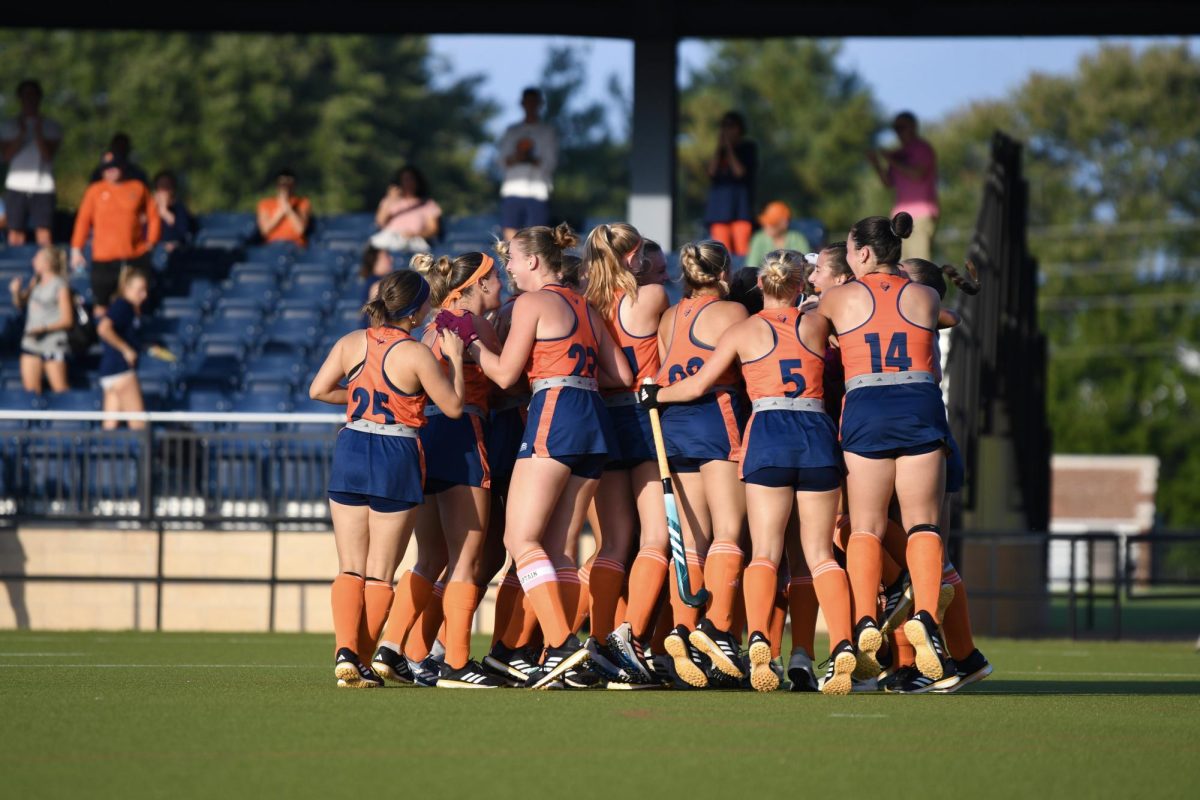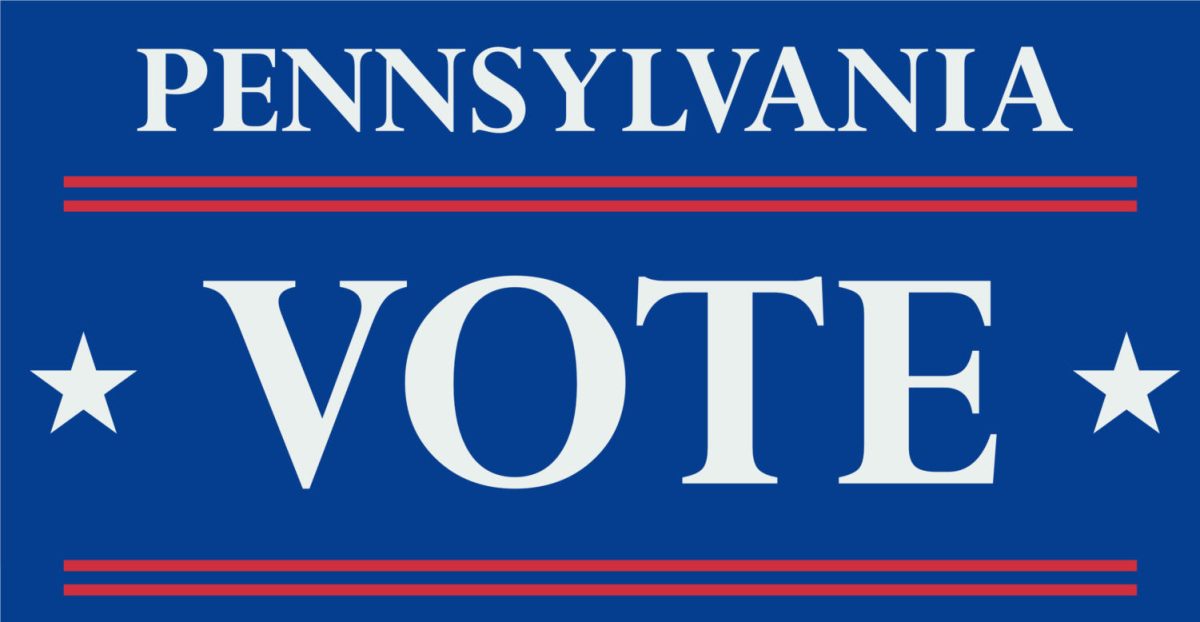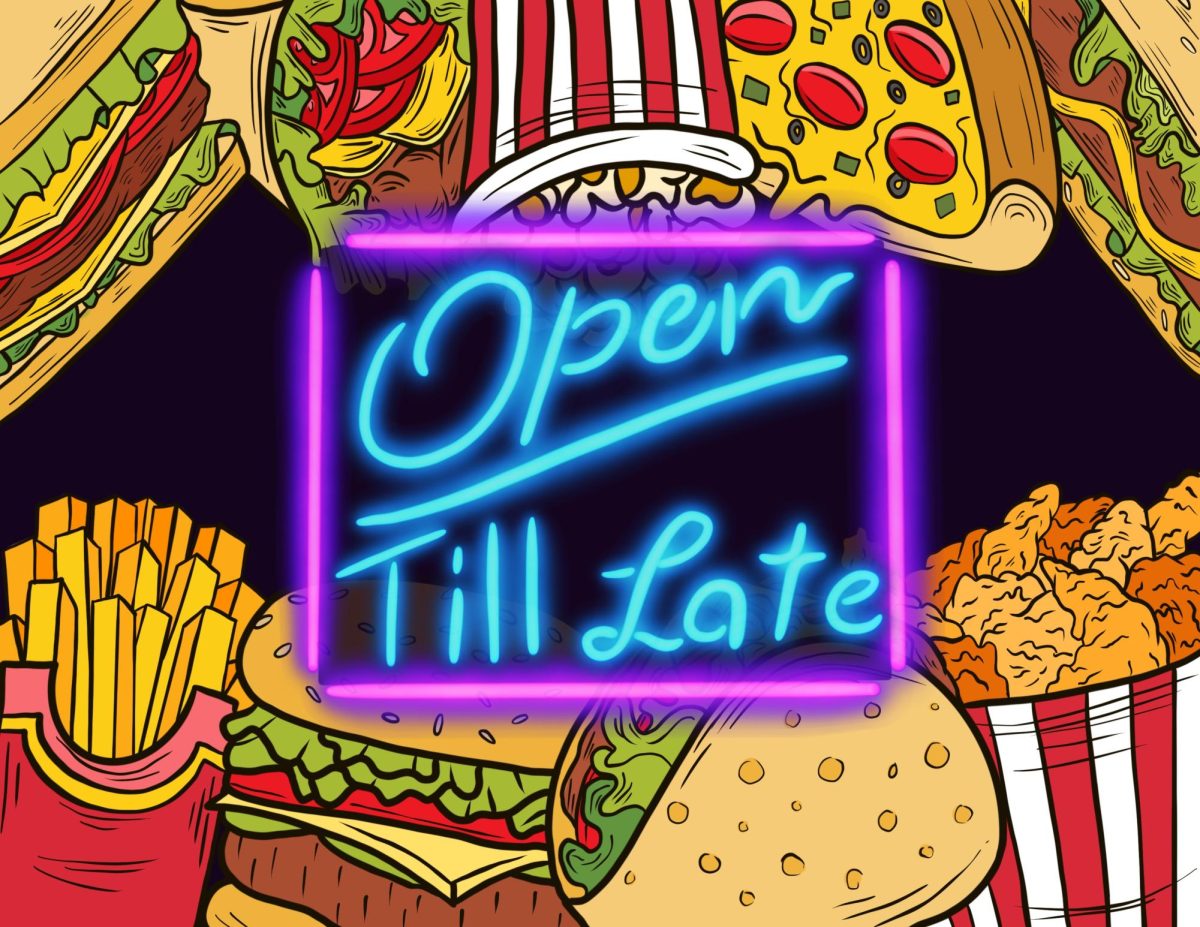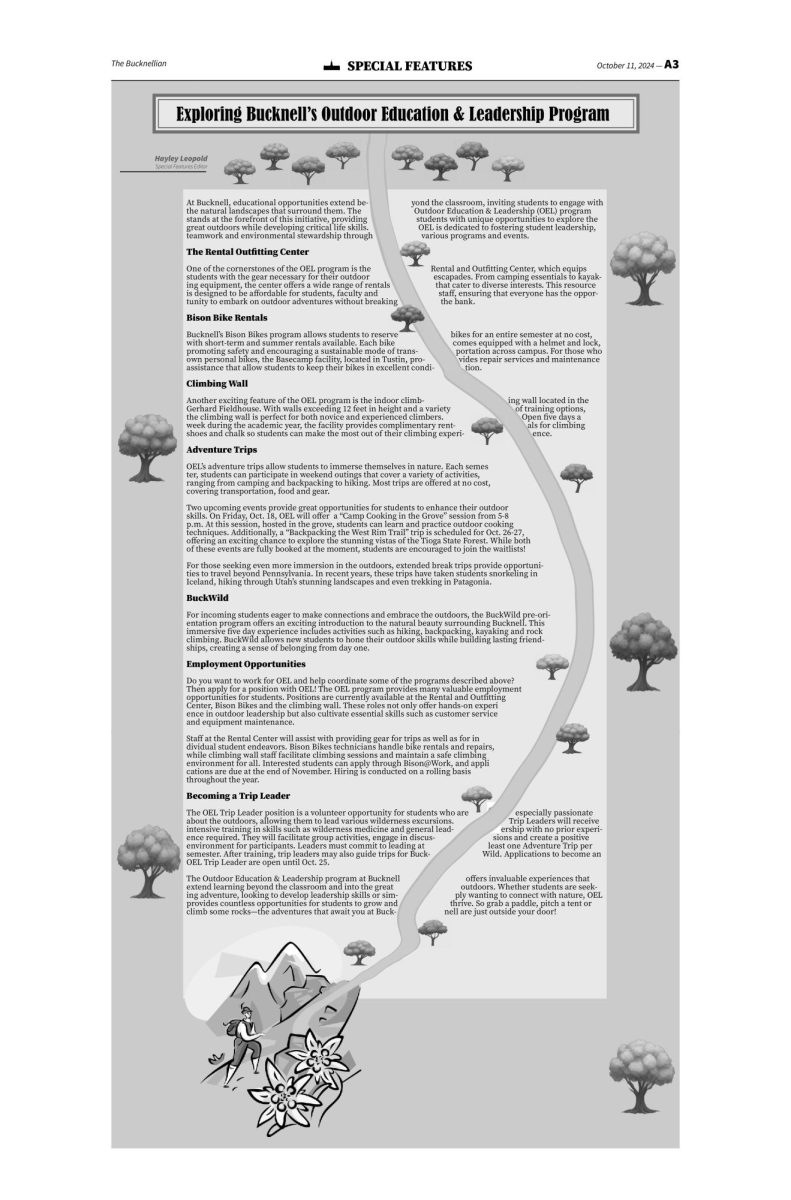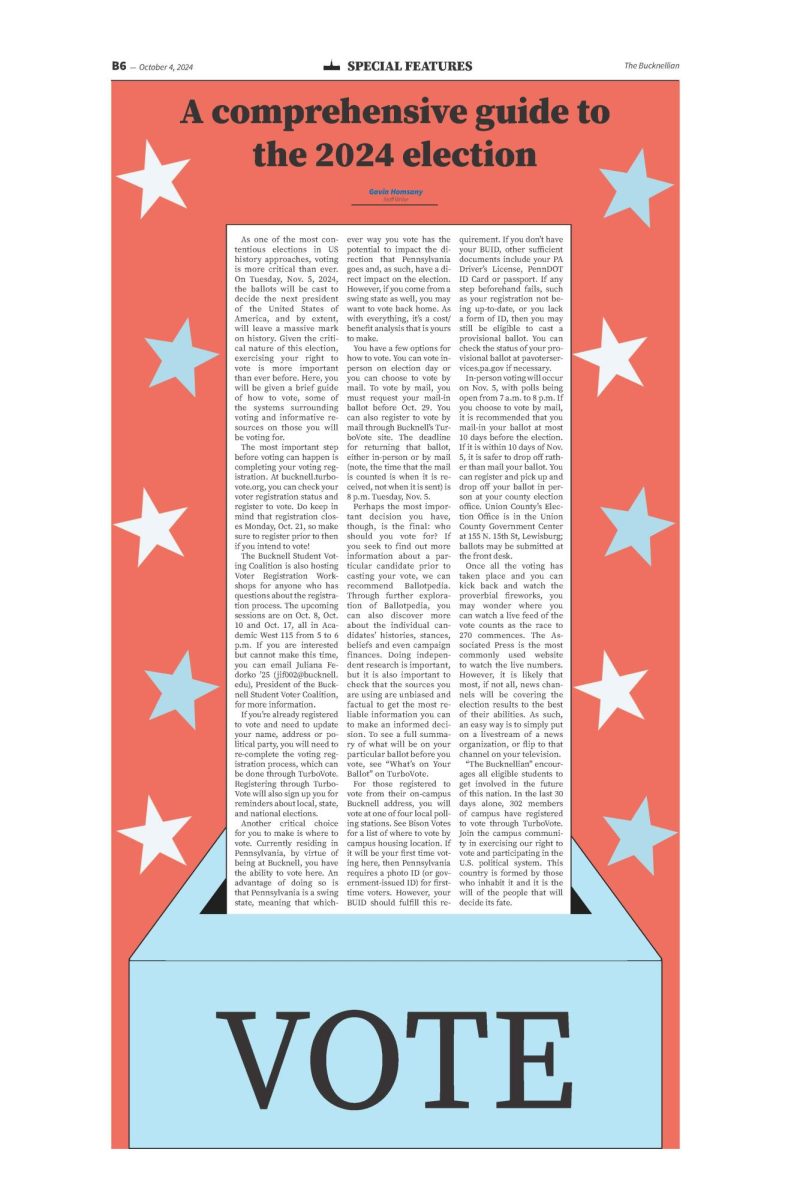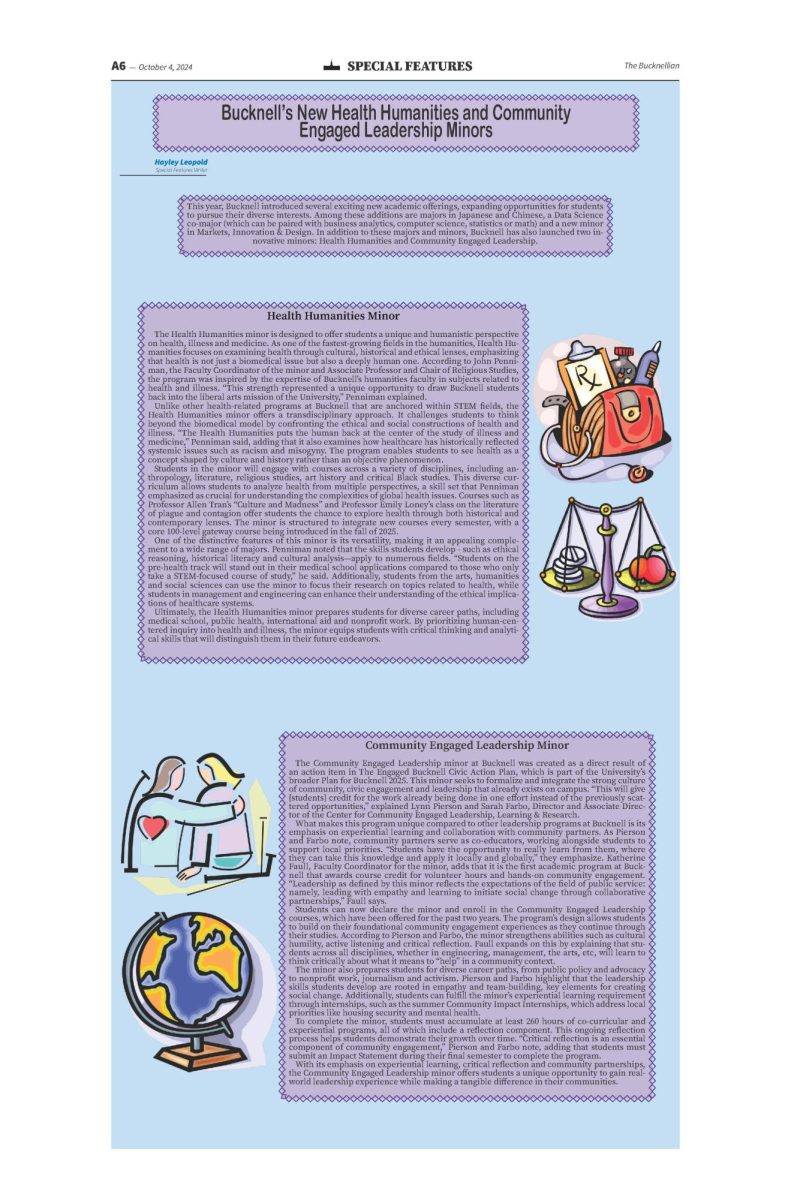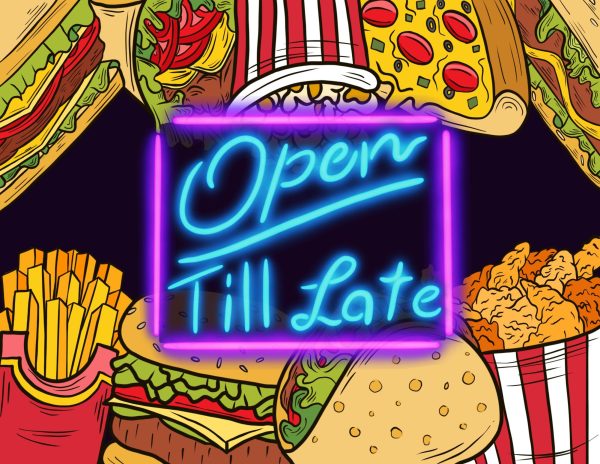Derek Chauvin found guilty: A step towards justice
April 21, 2021
“Chauvin did exactly as he was trained to do,” argued defense attorney Eric Nelson. Since March 8, the trial of Derek Chauvin had been underway, finally concluding this Tuesday with a guilty verdict against Chauvin on all three counts. This is a victory in George Floyd’s memory, but the bitter truth is that the trial’s verdict has proven to be more of an exception rather than the rule.
George Floyd’s murder was a gruesome specter that has hung over the country since May 2020. The video that captured Floyd’s death presented a clear example of how brazenly officers abuse their power, showing Floyd pleading for air as Chauvin pinned his neck with his knee, other officers merely spectating. Nelson’s opening statement, one that was supposed to defend Chauvin and justify his actions, only served to further reveal how broken the policing institution is.
Thirty-eight witnesses were called by the prosecution over the course of the trial, among these several doctors who testified against the notion that Floyd’s death was in any way unrelated to the strain placed on him by Chauvin. The defense had repeatedly attempted to convince the jury that Floyd’s death was not caused by Chauvin, but rather by a weak pulmonary system, ingested fentanyl or even carbon monoxide from the police car’s exhaust. Yet the doctors who spoke on the stand argued otherwise, and while Dr. Andrew Baker, the chief medical examiner who performed the autopsy on Floyd’s body, did not conclude that Floyd died due to asphyxiation, he did argue that Floyd “experienced a cardiopulmonary arrest in the context of law enforcement’s subdual restraint and neck compression.”
Chauvin invoked his Fifth Amendment right to not testify during the trial, yet his defense made a sweeping effort to characterize Floyd not as a scared black man killed in the street by those who have sworn to protect people, but rather as nothing more than a drug abuser who has a pattern of resisting the law. The defense referred to a 2019 case in which Floyd was stopped and detained by police over a drug charge, with footage showing Floyd panicking and being slow to comply with police demands. This, Nelson claimed, showed Floyd lying about being able to breathe and feeling claustrophobic in order to elicit a public response.
Despite the judge requesting that the jury not to apply the testimonies or footage concerning the 2019 arrest as an indication of Floyd’s character, the entire defense strategy over the course of the trial has been to defame Floyd and entirely lift the responsibility from Chauvin’s blatantly guilty shoulders. The admitted evidence was used to redeem Chauvin in the public eye, that his actions were utterly in line against a man such as Floyd. When Nelson claimed that Floyd panicked during the 2019 arrest, he suggested that it was a veiled attempt to elicit sympathy from onlookers. But the truth is that he was a black man with a gun aimed squarely at him. He wasn’t attempting to deceive anyone; he was terrified.
The defense repeatedly argued that the bystanders who witnessed the killing had affected Chauvin’s decision process and thus had a role in Floyd’s death. They insisted that Chauvin’s actions were more than justified in how he pinned Floyd to the ground for nine minutes, even after he was handcuffed and long after he stopped moving. These arguments were irrelevant; Chauvin took matters into his own hands, not apprehending Floyd but instead condemning him to death.
Over the course of this trial, and even preceding it, a clear picture has been painted of a warped perception of reality held by many, one that extends to the police and how they are meant to wield their power. Law enforcement have time and again made it clear that they are more than willing to serve as judge, jury and executioner, particularly when it comes to minorities, and far too many in the public are willing to accept such actions.
This is not a new concept; it has been felt since the earliest days of policing in this country. The manner in which officers are able to escape prosecution or any real form of condemnation is a systemic issue far from being remedied. Rarely do officers reach the point of prosecution that Chauvin has. Too often their actions are overlooked and swept under the rug, with the belief that criminality is being misplaced.
The ease to which law enforcement can circumvent the consequences of heinous police crimes without consequence is the result of policing and judicial systems that do everything in their power to tacitly support those crimes. Investigations against police are overseen by the very police officers they work with. This is compounded by a public support for police allowing them to effectively demonize the black men murdered in the street rather than the officers who killed them. There are just as many who unwaveringly praise the police as there are those marching in Black Lives Matter protests.
When the police can kill a black man and continue their job as if it never occurred, that is just another stitch in the pattern. Chauvin’s guilty verdict is an exception to a horrific rule, a tear that will be quickly sewn up if nothing is done about how the police consistently abuse their power, largely with impunity.






